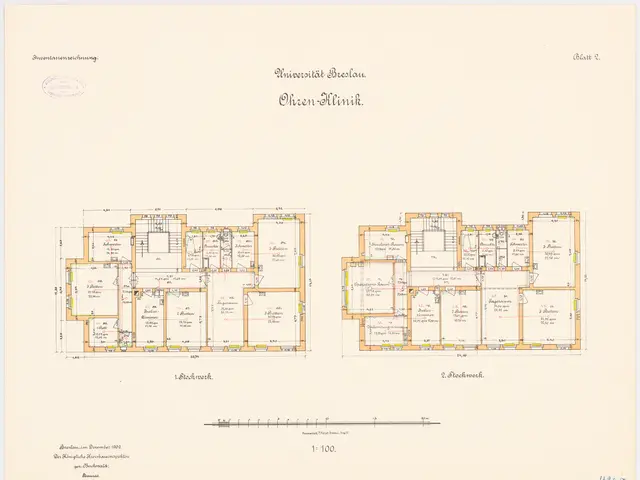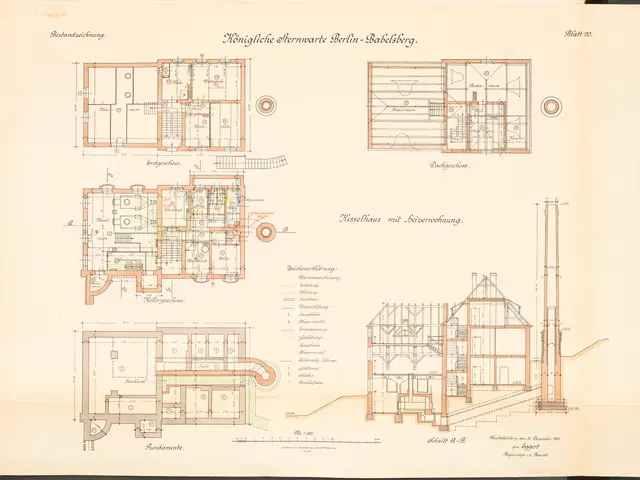Is a lifetime lease truly an unwise choice worth reconsidering?
In the ongoing debate between renting and buying a home, financial experts in Canada offer insights to help future homeowners make informed decisions.
According to a study, more than a third of Canadians have less than $5,000 in savings. This statistic, coupled with the high cost of housing, has sparked discussions about the financial implications of homeownership.
In Vancouver, the average monthly rent for a one-bedroom apartment is approaching $2,800. A lifelong renter could potentially spend over $1.3 million by the age of 65, highlighting the significant financial commitment of renting. However, this doesn't necessarily mean buying is the better option.
Alex Avery, author of "The Wealthy Renter", believes that renting is a viable choice for many people. He argues that many Canadians would likely spend their savings instead of investing and growing their wealth if they were homeowners. Avery suggests considering renting if you're expecting a job change or if you're not counting on your home as an investment.
Owen Bigland, a Vancouver real estate agent, agrees that renting can be a financially savvy decision in high-price or volatile markets. He encourages gradually reducing mortgage and building net worth to benefit from future appreciation in prices. First-time buyers should consider older buildings near public transportation for potential future appreciation, Bigland advises.
However, Bigland also emphasises the importance of the principal residence exemption, which he refers to as the only true financial shelter in Canada. He recommends combining homeownership and investment strategies, suggesting a 10-year commitment to a location for potential home buying.
Sébastien Betermier, an associate professor at McGill University, states that both renters and homeowners are exposed to significant risks due to the high cost of rent and the large portion of wealth tied up in houses. He warns that relying on the net value of a property to fund retirement can be risky, especially in markets with volatile prices.
In light of these considerations, the debate between renting and buying a home continues. Financial experts like Avery and Bigland highlight that buying can be beneficial in stable markets with reasonable prices, whereas renting may be preferable in high-price or volatile markets to avoid risks and maintain liquidity.
Mr. Avery got the idea to write his book during a speculative bubble in the housing market, which he believes created a perception of homeownership as an easy solution to save money. He suggests putting money into an RRSP, a TFSA, and a TFSA for a child, rather than relying on home as an investment.
In conclusion, the decision between renting and buying a home is a complex one that requires careful consideration of individual financial circumstances and market conditions. It's essential to weigh the advantages of financial flexibility and lower upfront costs when renting against building equity and long-term investment potential when buying.
Read also:
- Conflict in the Neglected Communities
- Fifteen Template Designs for Business Pitch Decks to Attract New Customers and Investors
- Strategies for Enhancing Business Operations Efficiency - Practical Advice
- Australian Communications and Media Authority (ACMA) may issue a fine to Kayo due to suspected violations of advertising regulations





